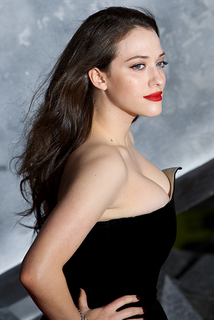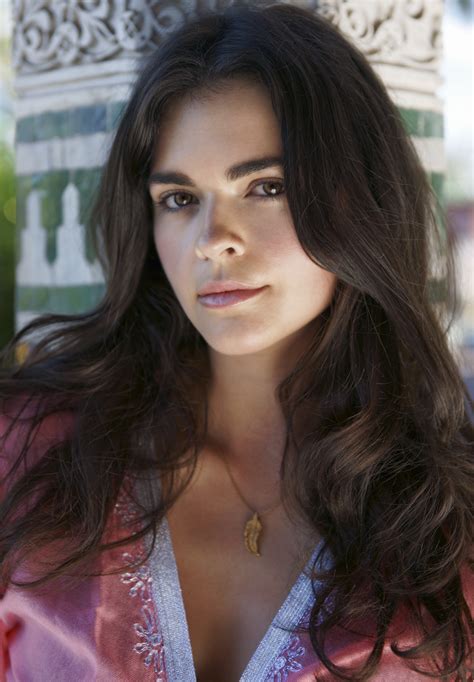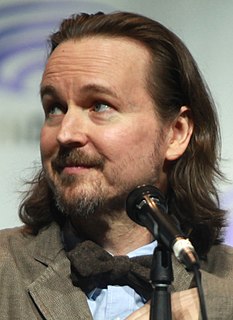A Quote by Gloria Steinem
Feminism starts out being very simple, and it ends up being a world view that questions hierarchy altogether.
Related Quotes
The way I view feminism — and I know there are a lot of different things going on — but, at its purest form, to me, it's a very positive, supportive, nurturing, empowerment thing. I mean, God, who isn't a feminist? If you don't think women are as good as men, you're not a good person. I like to think that most of the population of people worth being friends with are feminists, if that's what feminism means.
Science, in its ultimate ideal, consists of a set of propositions arranged in a hierarchy, the lowest level of the hierarchy being concerned with particular facts, and the highest with some general law, governing everything in the universe. The various levels in the hierarchy have a two-fold logical connection, travelling one up, one down; the upward connection proceeds by induction, the downward by deduction.
Everything is being synced up, and it's harder to see where the skill starts and the technology starts and ends. Maybe that's a good thing; it's more enjoyable for the listeners, more enjoyable for the party, if you don't need to worry about things falling off. So maybe we can concentrate on other aspects of the art form.
I think feminism has always been global. I think there's feminism everywhere throughout the world. I think, though, for Western feminism and for American feminism, it not so surprisingly continues to center Western feminism and American feminism. And I think the biggest hurdle American feminists have in terms of taking a more global approach is that too often when you hear American feminists talk about international feminism or women in other countries, it kind of goes along with this condescending point of view like we have to save the women of such-and-such country; we have to help them.
I wanted to start a website for teenaged girls that was not kind of this one-dimensional strong character empowerment thing, because one thing that can be very alienating about a misconception of feminism is that girls then think that to be feminists, they have to live up to being perfectly consistent in their beliefs, never being insecure, never having doubts, having all the answers...and this is not true and actually, recognizing all the contradictions I was feeling became easier once I realized that feminism was not a rule book but a discussion, a conversation, a process.
After a while, being so honest and so vulnerable on the page ends up affecting my own kind of self possession in the world, because I am not afraid of myself and my own thoughts. I think so much of being a woman, of being a social being, of being polite, is quieting those thoughts. There's so much we try not to say as we go through the day. There's a lot of tempering and self-editing. It is a relief to make writing that space where I don't need to do that.
Being gay, you're kind of forced to ask, I suppose, very existential questions from a very, very early age. Your identity becomes so important to you because you're trying to understand it, and, I think, from the age of, like, 9, you're being forced to ask questions... that other kids maybe don't have to ask.
I think there's a level at which you think that there's a reason that you're being singled out, that you're being chosen. As a kid, I was always mistaken for a girl. Before you reach that age where your sexuality starts to display itself, kids can look very androgynous, and I guess I leaned more toward the feminine. All those things were very hard, growing up, because you're trying to create an identity, and you're feeling shameful about the one that you're making. So, I identified with it a lot.
I don't view myself as a musician anymore - I view myself as a human being that functions as a musician when I'm functioning as a musician, but that's not 24 hours a day. That's really opened me up to even more perspectives because now I look at music, not from the standpoint of being a musician, but from the standpoint of being a human being.






































